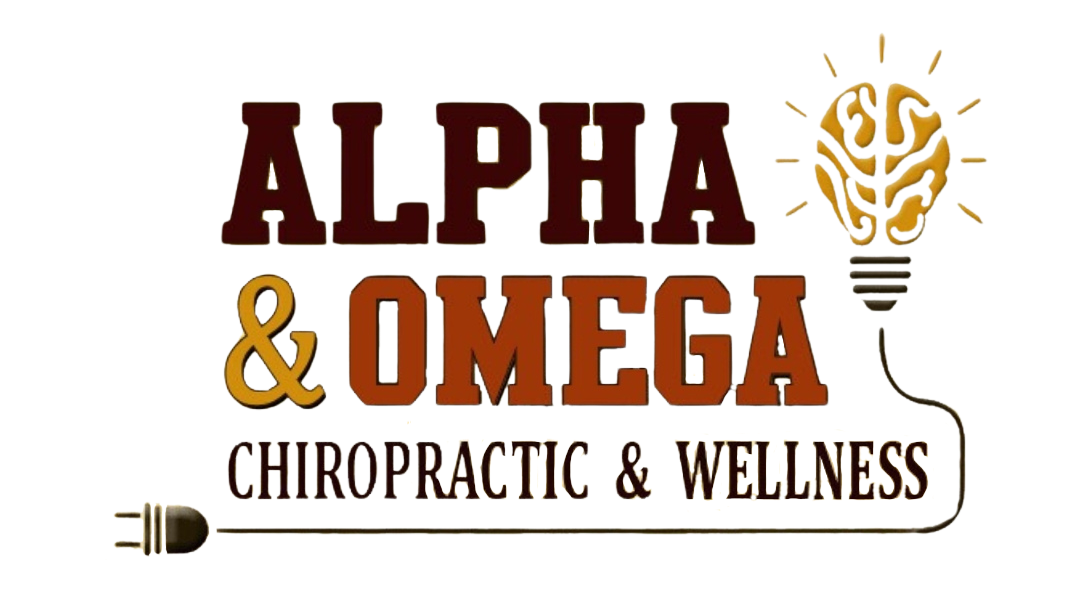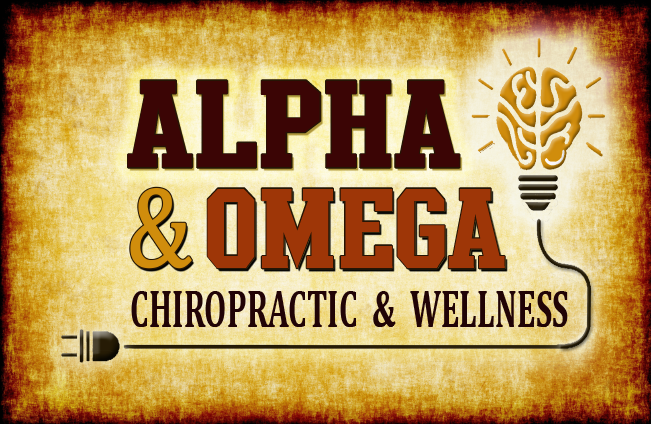ATP
ATP
ATP is an abbreviation for the term adenosine triphosphate. Fancy name, but essentially ATP to our body what gas is to our car. Our car uses electrical energy in the form of a battery to start the engine and begin the process of using gas as energy, our body uses electrons to jump start enzymes, which charges the ATP molecule so that our body can use chemical energy. While it is an easy comparison to compare our car to our body, in reality, our body is much more complex. When it comes to making chemical and electrical energy, our bodies use a vast chemical process. Our body not only needs the basic fuel, in terms of food, it also requires a complex array of micro nutrients, like vitamins and minerals, in order to function. Obviously, lack of available chemical energy would result in fatigue, which the earliest sign of a problem. But fatigue is such a common issues with so many conditions, it is hard sometimes to pinpoint the cause of the problem. In terms of energy production, perhaps the most important micro-nutrients are our B-vitamins. B 1-6 in particularly play a vital role in how food is converted into energy. If these B-vitamins are not sufficient the body will not have the chemical energy it needs to run properly. Now, when we look at what parts of the body use the most energy, and brain and nervous system are top of the list. Our brain, which is only two to three pounds, uses a full 20% of our bodies calories as energy. If B vitamins are deficient the brain will experience symptoms like depression, difficulty in regulating other areas of the body, and even dementia. The next most active area of the body is the heart. B-vitamin deficiencies can cause the heart to beat irregularly, or with a less forceful contraction then it should. So what foods are high in B vitamins? Nuts, berries, and dark green vegetables are the leading sources of B’s in our diet. However, diets that are high in sugar, carbohydrates, or caffeine tend to deplete the body’s B vitamin stores. Also, strenuous exercise taxes the body’s B vitamin stores. B-vitamins are water soluble vitamins, which means the body doesn’t store them. They need to be a consistent part of the diet if they are to be available. If you are feeling fatigue, consider increasing your B vitamin intake.

